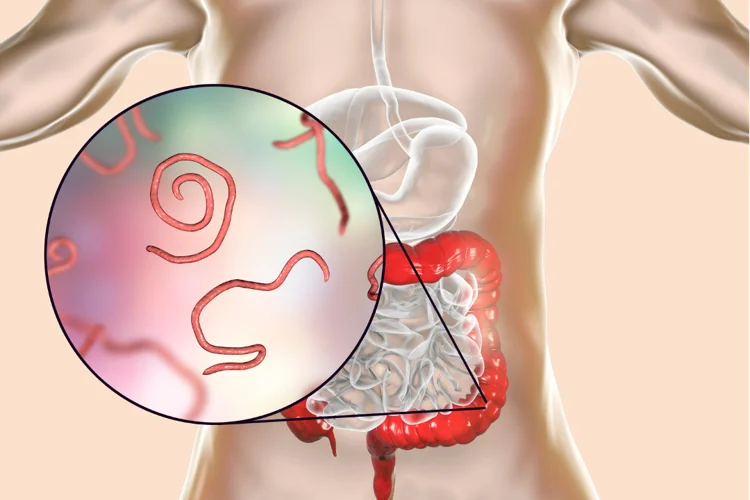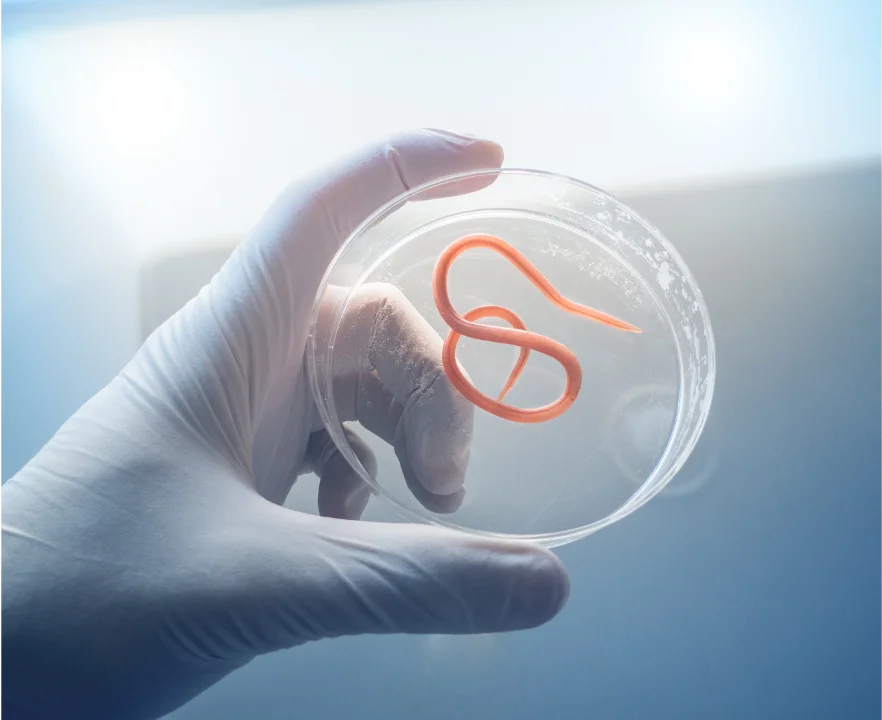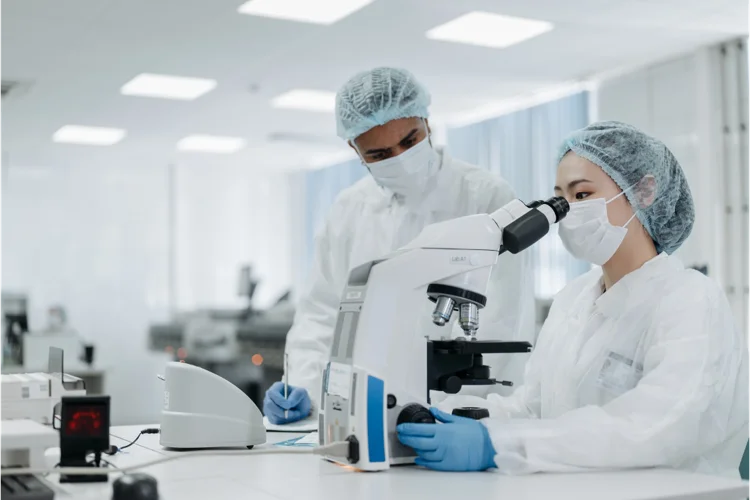Stool FEME
Last updated: Feb 20, 2026
The Stool Full Examination and Microscopic Examination (FEME), also known as the ova and
parasites test, is a diagnostic tool used to detect parasitic infections in a stool sample.
This test identifies two main types of parasites:
- Protozoa: Single-celled organisms such as Giardia and Cryptosporidium
- Helminths: Multicellular worms including tapeworms and roundworms
If left untreated, parasitic infections may cause gastrointestinal problems, malnutrition, anaemia, and potential organ damage.

How Does Stool FEME Work?
Stool FEME tests for several components and abnormalities in the stool, including a macroscopic examination, which assesses the colour, consistency, and presence of visible mucus, and a microscopic examination, which detects the presence of parasites such as eggs, larvae, or worms under a microscope.

Why Do a Stool FEME?
Stool FEME tests are not typically part of routine health screenings but may be recommended by a doctor in response to specific gastrointestinal symptoms that can be caused by parasitic infections, such as persistent diarrhoea, abdominal pain, blood or mucus in the stool, and unexplained weight loss. The test can be particularly useful if symptoms persist or in situations such as following travel to areas with poor sanitation or consumption of contaminated food or water.
How Is Stool FEME Performed?
The Stool FEME test involves the following steps:
- Sample Collection: A stool sample is collected in a clean, sterile container provided. It is important to follow the instructions carefully to avoid contamination.
- Macroscopic Examination: The physical properties of the stool, such as colour, consistency, and presence of visible blood or mucus, are noted.
- Microscopic Examination: A small amount of stool is examined under a microscope to identify cells, parasites, and other microscopic elements.

Price for Stool FEME in Singapore
At ATA Medical, we offer stool FEME and other related tests with the prices as follow:
| Test | Price* |
|---|---|
| Consultation | From $49.05 |
| Stool FEME - Ova, Parasites | $44.69 |
| Stool Occult Blood - Immunological (Faecal Immunochemical Test) | $27.25 |
| Stool FEME & Stool Occult Blood | $56.68 |
| Stool Culture | $54.50 |
^Prices last updated on Jan 28, 2026. While every effort is made to keep pricing information up to date, please contact our team to confirm the latest rates.
How Long Does a Stool FEME Take?
Consultations at our clinics generally last between 30 and 60 minutes during off peak hours. You will be provided with a container to collect a stool sample at home, which you can then send to the laboratory for analysis. The results will be sent to you within a few days.
Where to Do a Stool FEME in Singapore?
You can consult our doctors concerning a stool FEME at any of our three conveniently located clinics:
- Tanjong Pagar Medical Clinic (Closest MRT: Tanjong Pagar EW15)
- Orchard Clinic (Closest MRT: Orchard Boulevard TE13)
- Jurong East Clinic (Closest MRT: Jurong East NS1/EW24)
Summary
Stool FEME is a useful, non-invasive and convenient test for diagnosing parasitic infections. The impact of these infections can be significant, causing potential health issues such as nutritional deficiencies and gastrointestinal problems. If you are experiencing gastrointestinal symptoms and are unsure if stool tests are suitable for you, schedule a consultation with a doctor to discuss more.
How Do I Book an Appointment?
ATA Medical @ Tanjong Pagar
Nearest MRT: Tanjong Pagar Station (EW15)
Contact Number: 6223 0682
Email: hi@atamed.sg
Opening Hours:
Mon - Fri: 8:30 AM to 12:30 PM, 1:30 PM to 5:30 PM
Sat: 8:30 AM to 12:30 PM
Sun & PH: Closed
ATA Medical @ Orchard
Nearest MRT: Orchard Boulevard Station (TE13)
Contact Number: 6223 0682
Email: camden@atamed.sg
Opening Hours:
Mon - Fri: 8:30 AM to 12:30 PM, 1:30 PM to 5:30 PM
Sat: 8:30 AM to 12:30 PM
Sun & PH: Closed
ATA Medical @ Jurong
Nearest MRT: Jurong East MRT Station (NS1/EW24)
Contact Number: 6348 6292
Email: jurong@atamed.sg
Opening Hours:
Mon - Fri: 8:30 AM to 12:30 PM, 1:30 PM to 5:30 PM
Sat: 8:30 AM to 12:30 PM
Sun & PH: Closed


